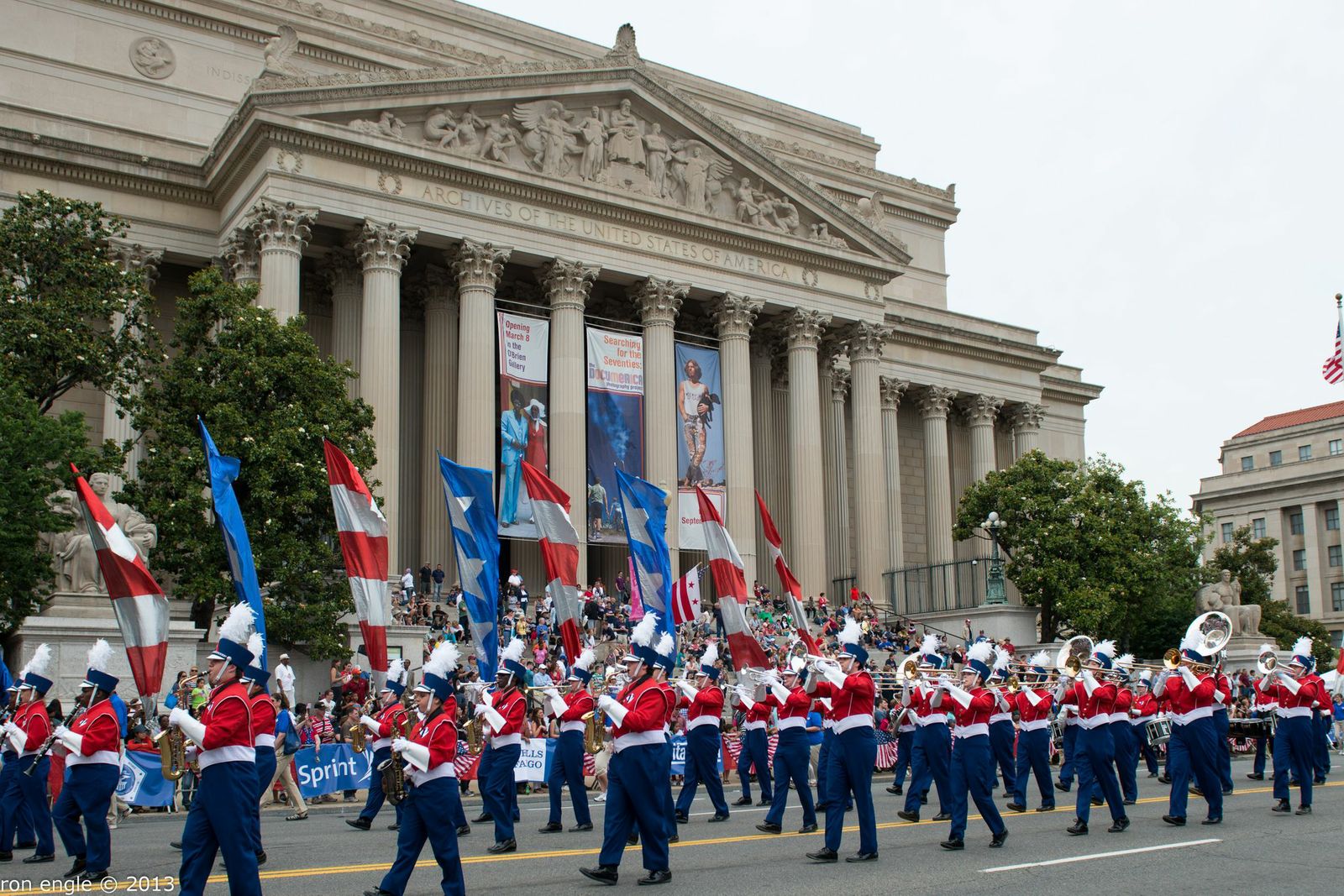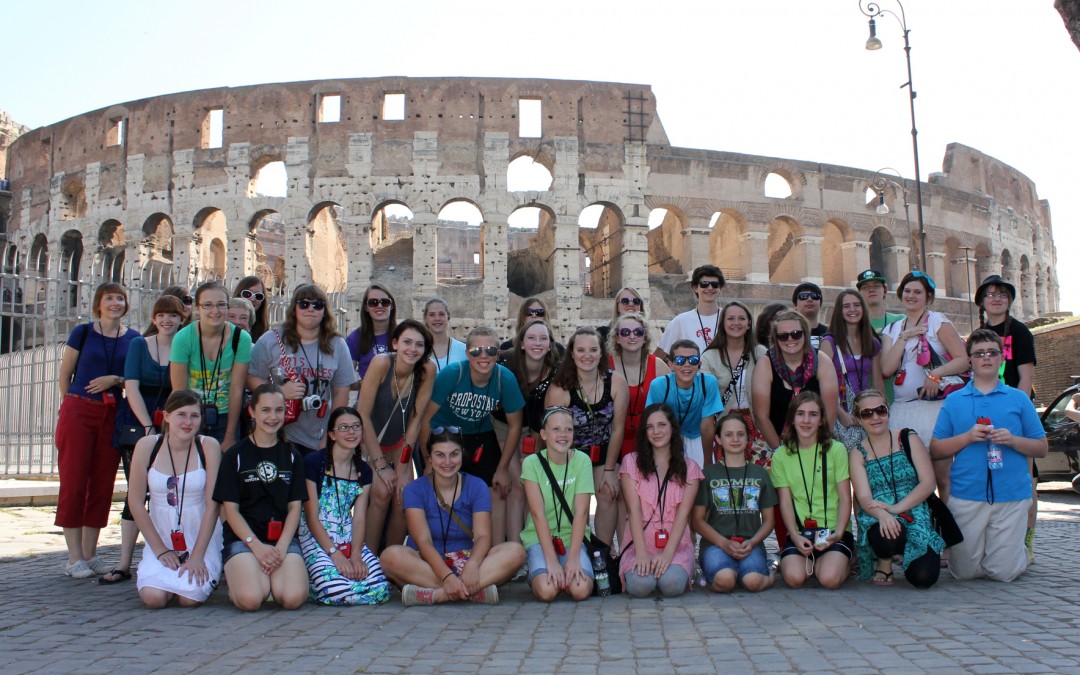Have you ever wondered about the possibility of deducting concert tour expenses from your tax return?
Well, it’s true, and now you can! We have noticed a HUGE increase in our clients’ interest in claiming certain concert tour expenses as a tax deduction. We have followed the success of certain clients in their efforts to make this attractive incentive available to their musicians. The results have been spectacular — and, participation in concert tours has increased dramatically (including singers or musicians who have always sat on the sidelines for past tours).
Therefore, we have invested research dollars and time in the interest of assisting those who have this interest.
We have learned that a tax deduction is certainly a possibility for any domestic or international concert tour sponsored by a qualified tax exempt public charity described in section 501(c)(3) of the Tax Code. Religious, educational, and charitable organizations can all be qualified public charities. Many music directors – with existing boards, parent booster organizations, or religious affiliations – have formed their own 501(c)(3) successfully and are certainly eligible to consider this amazing benefit.
Using the services of Mauck & Baker (a law firm specializing in legal expertise to nonprofits) in Chicago to summarize the tax benefits and eligibility of a wide range of MCI clients, we have developed a legal analysis for five different programmatic profiles for which your ensemble can possibly fit. With only small changes, your ensemble can arrange its trip to meet a different profile with more potential tax benefits. We offer their analysis at no cost to you — for your own consideration!
Click the button above for the five different financial scenarios that fit the profiles of many of our different touring groups, along with comments about relevant tax considerations under different program arrangements and suggestions for program directors that may enable tour participants to enjoy certain tax benefits.
The letter is intended only for your reference and should not be construed as legal advice or a legal opinion. Certain excerpts from the letter are reprinted below.
We strongly recommend that you take this information to your local legal and accounting experts to see how you can take advantage of a benefit that could very positively impact your future touring success, and attract new singers or musicians to your organization in the process!
Let us be clear that MCI is not in a position to offer you legal or accounting advice. At the same time, we would welcome a conversation with any of you to discuss this exciting possibility!
It is important to note that an individual’s enjoyment of a trip is not the deciding factor for tax purposes. Instead, the key to whether a contribution is deductible is whether the tour in question is primarily for charitable purposes or primarily for personal pleasure. If a tour is primarily for charitable purposes, any trip sponsor wishing to do so should be able to arrange such tour so that most contributions to the sponsor are tax deductible.

Profile One
Our first trip profile is a qualified public charity that regularly conducts domestic and foreign musical tours but does not fund those trips or solicit contributions to fund those trips. Instead, participants pay service providers (such as airline and hotel operators) directly for trip-related expenses out of the participants’ (or their parents’) own pockets.
Profile Two
The second profile is a trip sponsor that regularly conducts musical tours, solicits funds from participants to pay for those tours, and facilitates payment for the entire trip, including all trip-related expenses such as program activities, airfare, food, and lodging. Unlike the first profile, participants do not pay service providers directly for trip-related expenses. Also, while participants do not have an ongoing financial connection to the trip sponsor (such as membership dues), participants are expected and required to make sufficient monetary contributions to cover the cost of the respective trip costs.
Profile Three
The third profile is the same as the second, except that the trip sponsor collects required annual or monthly dues from members instead of collecting funds directly tied to trip-related expenses. In this scenario, we assume these previously collected dues allow the sponsor to facilitate payment of all trip-related expenses. We also assume that only dues-paying members of the sponsor are permitted to participate in the sponsor’s trips, but that those participants’ selection is nevertheless based upon their skills, and not upon their financial contributions.
Profile Four
The fourth profile is a qualified exempt public charity that regularly conducts domestic and foreign musical tours, solicits funds from a wide collection of individual, governmental, and foundation donors to pay for those tours, and facilitates payment of 100% of trip-related expenses. In this scenario, the itinerary of the trip in question reveals the purpose of the trip to be almost entirely charitable. In other words, almost every aspect of the trip is charitable, and any tangible personal benefit is insignificant at most. Furthermore, in this scenario, the trip sponsor solicits charitable contributions for trips specifically, even if they engage in other charitable activities as well, and that such sponsors properly account for such “trip funds.” (In other words, the sponsor separates funds collected for trip activities from other contributed funds.) In addition, in this scenario some individual donors may also be participants, but the participants’ selection is not based on their financial contribution. Instead, it is based on their willingness to sacrifice time and effort to further the charitable purpose of the trip.
Profile Five
The fifth and final profile is largely the same as profile four, and thus the issues of impermissible private benefit and earmarking must also be addressed. For purposes of this memorandum, the only significant difference between this arrangement and the arrangement described in profile four is that some of the trip may include personal pleasure for participants.





OK, I clicked on your “Download …Tax Deductions” button, reluctantly gave you my name and email, and then NOTHING happened except a welcome email!
We’re very sorry this didn’t come through! We’ll email you the PDF directly.
I also couldn’t get the button to open anything.
Thank you for your comment. We’ll send it to you directly.
Please email me a copy of your PDF outlining the five profiles eligible for tax deductibility. Thank you.